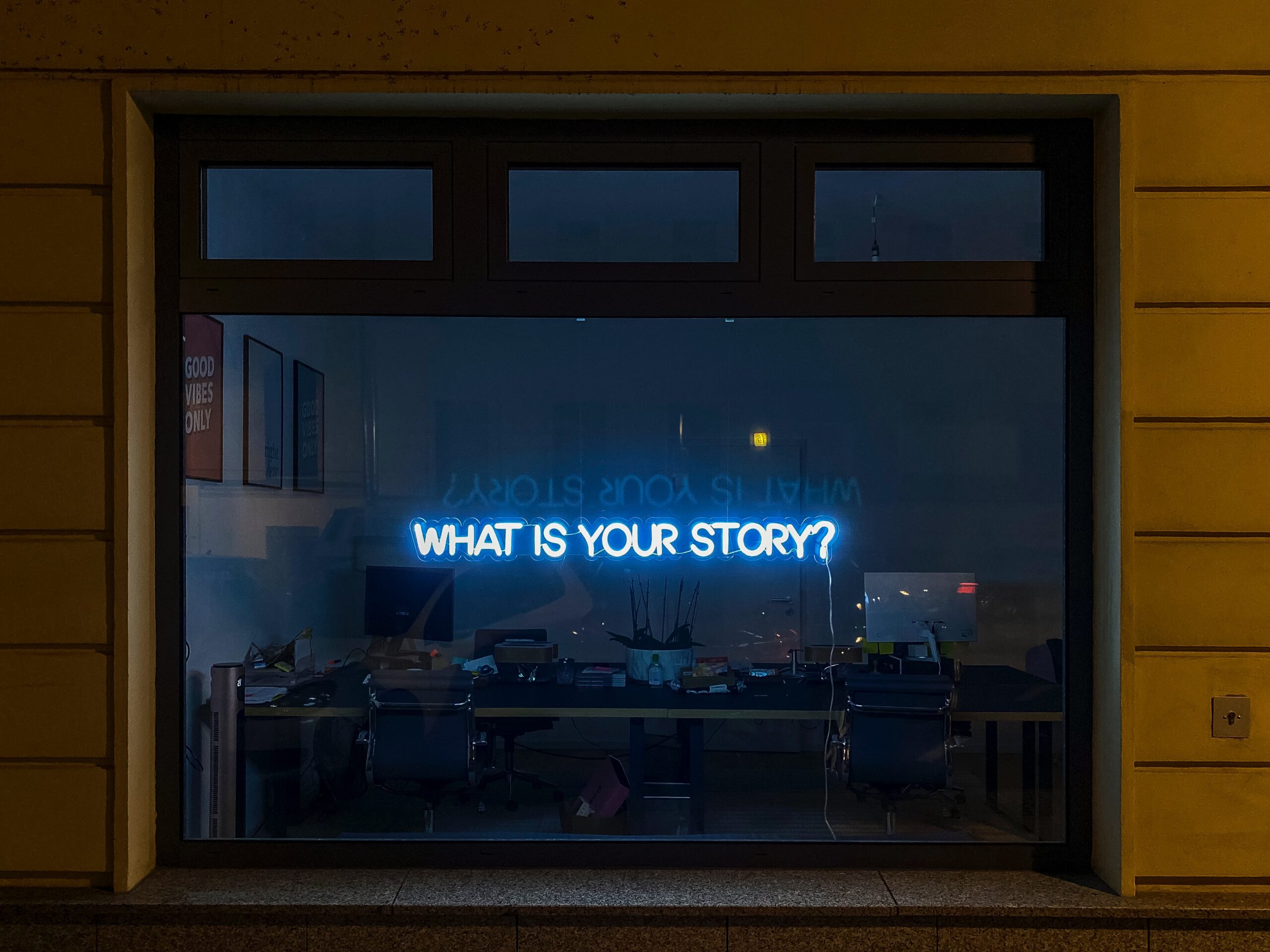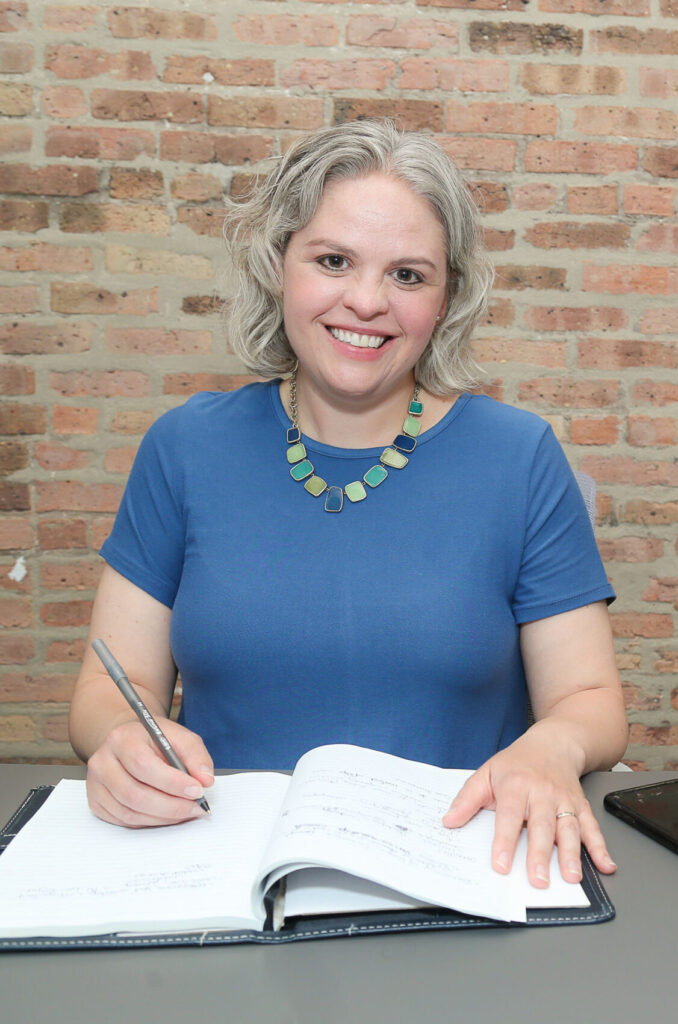
Through the eyes of many people, my life was incredibly average. I am a 5 foot, 3 inches tall, average weight, White, and now middle-aged, female. I grew up in suburban Chicago to parents that are still married today. Most members of my large extended family lived nearby when I was a child, so I had plenty of cousins as friends. My mom stayed home and raised her kids, but babysat for neighbors and did the odd creative project to bring in extra cash. Our house was a basic split level, 3 bedroom, 2 bathroom ranch with a small yard. We owned a Shih-tzu dog and I had two younger brothers. Everything a person could witness about me externally appeared very very average.
As a teenager, I saw the same things about myself that I thought others saw. I worked a typical retail job in high school, and found ways to have fun with my friends on the weekend —weeknights at the shopping mall, weekend dinners at TGIFridays and Olive Garden, and late nights at teen dance clubs with names like Zero Gravity. I bought myself nice clothes with income from the after-school job, but my parents were neither rich nor poor. I ran track and cross country and was always finished right in the middle of the pack; never first and never last. I was never extremely popular but I was also never bullied. Very, very average.
But I was anything but average. I was rare. I was been born with a severe form of a rare metabolic disorder called Phenylketonuria. For many decades of my life, I never qualified it as a significant factor because it was invisible. I was not particularly enthusiastic about anyone knowing me for something that was wrong with my body. I also did not know everything I know now. When I entered high school, the Americans with Disabilities Act was still a young piece of legislation. No internet line ran through our home to tell me or my parents anything about my new rights in 1990. However, my disease did not disappear just because no one else saw it. Not only did I not see my disease, I ignored its treatment protocols as if it should just go away if I pretended it didn’t exist. I should have fought for accommodations when I was young, but I was genuinely not aware of the possibility.
I carried my disease with me through college, and started to wrestle with it in my twenties. By this time, I was mature enough not to try to completely hide it, but it still did not feel significant enough to compel me to ask for the accommodations I really needed on a regular basis. This presented challenges for me, but I accepted my barriers as part of life’s realities and instead imagined maybe others coped with similar symptoms of mental fatigue, poor recall, and constant confusion. I told myself that even though I had a rare and critical diagnosis, maybe I was just making excuses when I couldn’t quite keep up.
It was in my mid-thirties, when I was already entrenched in diversity work, that I began to explore my own story. There was never an exact moment when everything changed for me, but I distinctly remember the catalysts. By my early thirties, my options for medical treatment were improving. Better treatment cleared my brain fog just enough to enable me to better adhere to my medical protocol, or what I like to call, ‘the world’s hardest diet.’ Humanly, I still wanted to excel in life, and understood that compliance was going to be necessary for this possibility. Excellence requires stretching and growth. Without those factors, the alternative is stagnation. When I signed up for a year-long coaching program for professional speaking in order to grow my public speaking capacity, I did not expect to dive into details of life with rare disease. But that is what happened, and when I did, my life profoundly changed.
Understanding Your Story Enables you to Change It. One of my all-time favorite quotes comes from Brene Brown: “When we deny our story, it defines us. When we own our story, we can write a brave new ending.” It perfectly describes my experience. I spent a disproportionate amount of my life denying the significance of my medical needs. The first time I shared part of my medical story as a short illustration in a presentation for an executive coaching program, I was terrified the small audience would judge me. Instead, my story connected the listeners to my point. So I tried it again, in front of a slightly larger audience. Again, listeners connected with my rare story. As I spoke publicly, I also grew in my ability to advocate for myself and require accommodations in every day life. Although there is no excuse to be treated badly by another person, our own inaction can imply a personal boundary is optional. Challenges to my requests became minimal because it was clear I was secure in my expectations. Unsurprisingly, access to what I needed also allowed me to perform better, which had self-reinforcing benefits of its own.
Story Connects Us to Others. Every time I understood someone else’s story, it changed my perspective too. When I learned one of the housing-insecure men that regularly used my organization’s counseling services was a decorated veteran, it changed my perspective. When I learned a business executive that liked to show off his luxury toys grew up caretaking for his chronically ill mother, it changed my perspective. When I learned about my super-accomplished friend’s battle with Lyme Disease, it changed my perspective. When I heard stories of the racism experienced by my Black, Latino and Asian friends on a regular basis, it changed my perspective. The people living all these stories became even more human. Their stereotypes disappeared. Stereotypes diminish people. Stereotypes reduce us to sets of expectations, and limit people to boxes we are too complex and beautiful to fit in. Stories allow the human self to re-emerge from the boxes. We all need the stories held by others. But it is often challenging to retrieve the full value of our own stories until we have introspectively considered how our story has intersected with our socioeconomic and cultural circumstances.
Your Combination of Experiences Leads to a Powerfully Unique Perspective. No one else has my specific combination of experiences. And that is true for every person. Most people with deep experience in my niche professional field don’t battle rare disease. I am sure there are others that battle chronic illness and health problems. But I am confident no one else in my professional space wrestles with my specific rare disease. My perspective is framed by a unique lens. But my disease story is not my only story. I could also write about growing up in the Evangelical subculture, while living in an ethnically diverse town that my wealthier church peers looked down on. I could expound on coming to terms at nineteen years old with real, racialized poverty in the United States in the pre-internet era, an experience atypical of White, suburban, Evangelicals. I could instead write about how, despite this awareness, I attended an ultra-conservative Bible college while living in a low-income, predominately minority community in Philadelphia where I had to wrestle with discrepancies between what was taught in the classroom and the experiences I was living. When I lived these stories, I felt the discomfort. When I reflected on these stories, they became a perspective. None of our stories are as average as we often think. We only minimize them because we are accustomed to living them.
Our stories contain skills and hidden talents, random knowledge, rich experiences, pain and failures, life lessons, beauty and ugliness. Each of our stories contribute something valuable to the world.
You have a story. It belongs only to you. And even if you think it is mundane and ordinary, it is not insignificant. And it is part of a book you are still writing.

